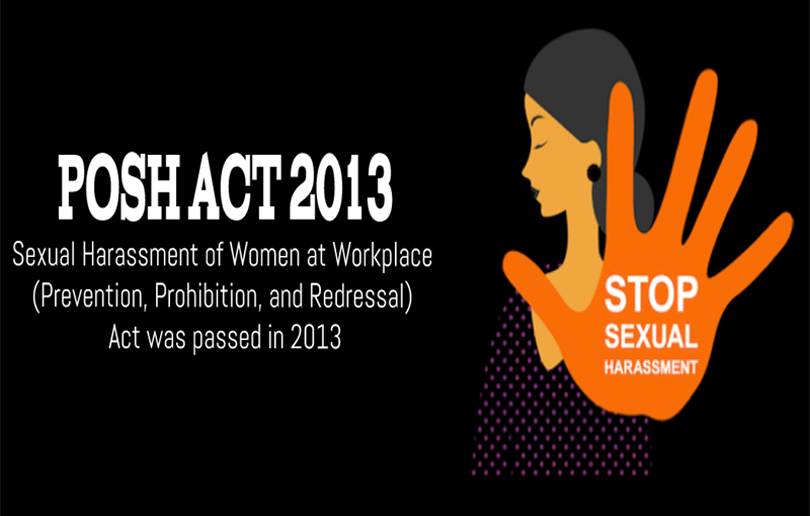The Supreme Court has expressed concern over the lack of effective enforcement of the Sexual Harassment of Women at Workplace (Prevention, Prohibition and Redressal) Act, 2013, known as the PoSH Act, almost a decade after it was enacted. The Court issued several directions to ensure its implementation after deciding an appeal by a former Head of the Department of Political Science at Goa University against his dismissal on sexual harassment charges. The Court referred to a national newspaper report that revealed that 16 out of 30 national sports federations did not have an Internal Complaints Committee as required by PoSH. The court called for a time-bound exercise to verify the constitution and composition of these committees and directed that their contact details and the complaint submission process be made readily available on their websites. The court also called for orientation and awareness programmes to educate committee members and women employees on the provisions of the Act. The court issued various directions to achieve this, including verifying whether all Ministries, Departments, Government organizations, authorities, Public Sector Undertakings, institutions, and bodies have internal committees as required by the PoSH Act and conducting awareness and orientation programmes for committee members and women employees.
There could be various reasons why sexual harassment cases go unnoticed in sports. One possible reason could be the prevalent culture of silence and normalisation of such behaviour in the sports industry. Athletes, coaches, and other staff members may fear speaking up about sexual harassment due to the potential consequences of being ostracised, losing opportunities, or facing retaliation from those in power. Another possible reason is the lack of awareness and understanding of sexual harassment laws and policies among those working in sports organisations. This can lead to inadequate or ineffective implementation of measures to prevent and address sexual harassment, such as training programmes, reporting mechanisms, and internal complaints committees. Additionally, the highly competitive and hierarchical nature of the sports industry can create power imbalances that may contribute to the perpetuation of sexual harassment.
Social stigma is one of the reasons why sexual harassment in sports often goes unreported. There is still a pervasive culture of victim-blaming and shaming in many parts of society, including in the world of sports. Victims of sexual harassment may fear retaliation, not being taken seriously, or being blamed for the harassment they experienced. They may also worry about their reputation, their future career prospects, or how their family and friends will perceive them.
Moreover, many victims of sexual harassment may not even recognise that they have been harassed, especially if the harassment is subtle or normalised within the sports environment. This lack of awareness and education about what constitutes sexual harassment can make it difficult for victims to come forward.
In addition to social stigma, there may also be other systemic factors that discourage reporting sexual harassment in sports, such as a lack of adequate laws and policies, insufficient support systems for victims, and a lack of accountability and transparency in sports organisations. All of these factors can contribute to a culture of silence around sexual harassment in sports.
It is important for sports organisations to prioritise the safety and well-being of sports persons and to take proactive measures to prevent and address sexual harassment. This includes implementing comprehensive policies and procedures, providing training and education to all, and fostering a culture of respect and accountability. The effectiveness of these laws have been found lacking in many cases. In conclusion, while the laws are designed to counter sexual harassment, their effectiveness depends on proper implementation and enforcement. There is a need for a more proactive approach by state and non-state actors to ensure the safety and dignity of women in sports and other workplaces.


